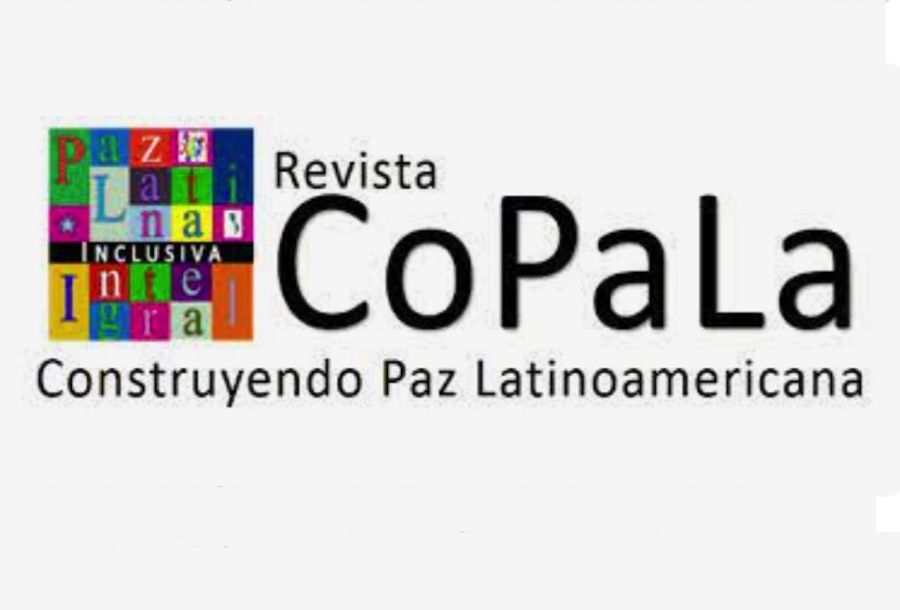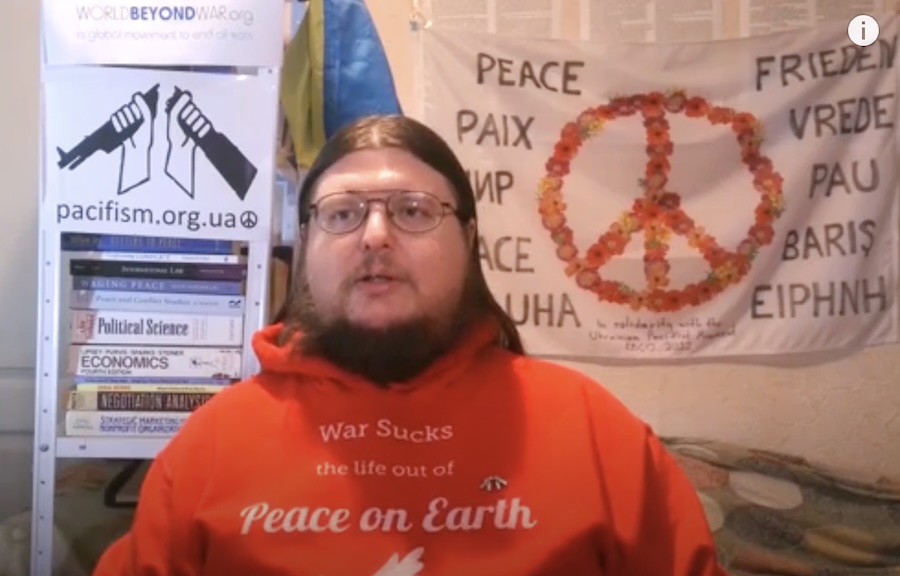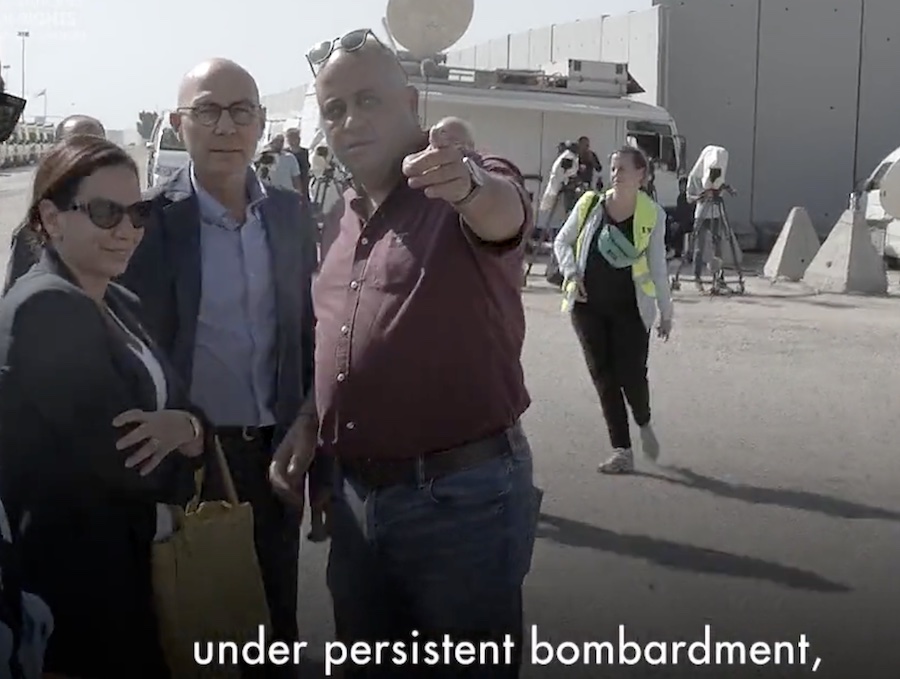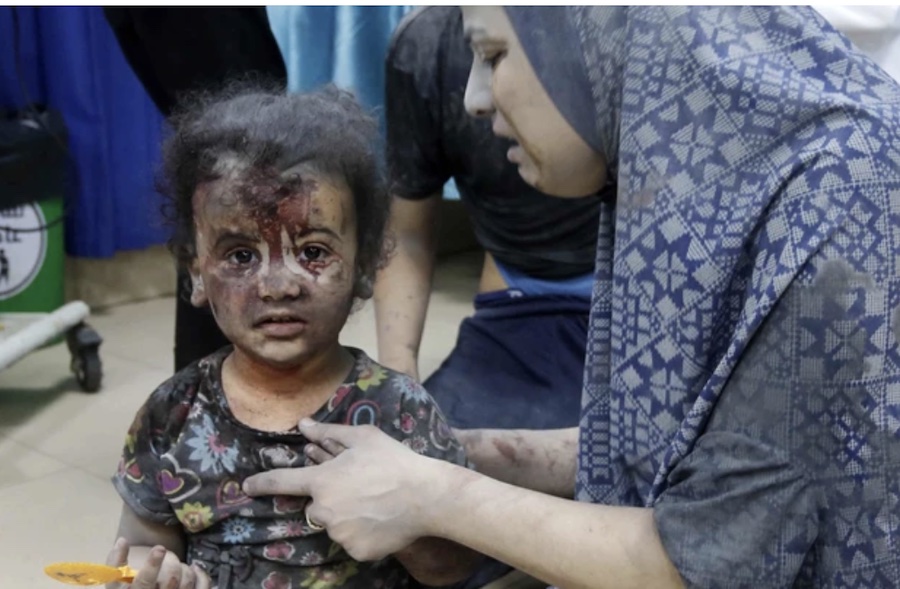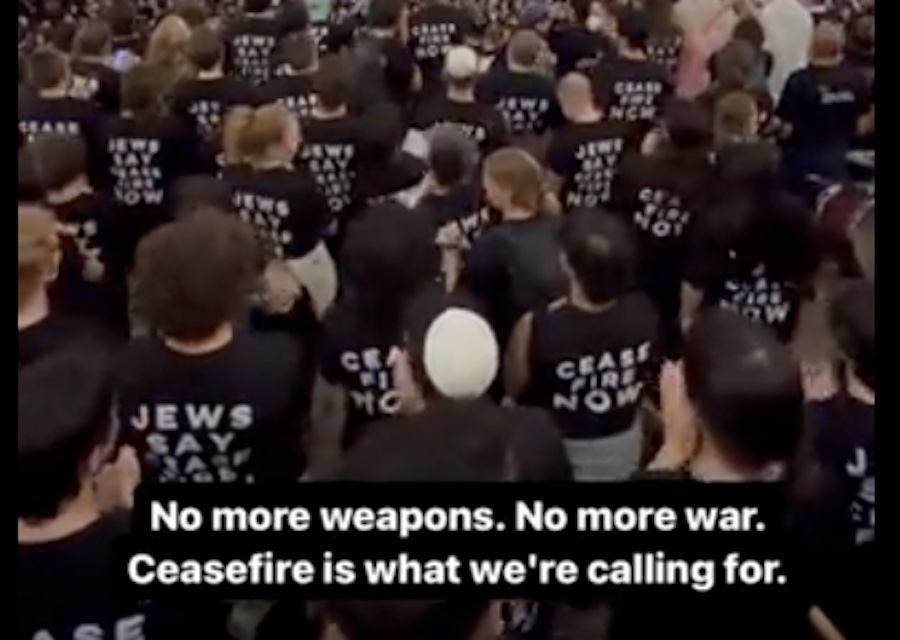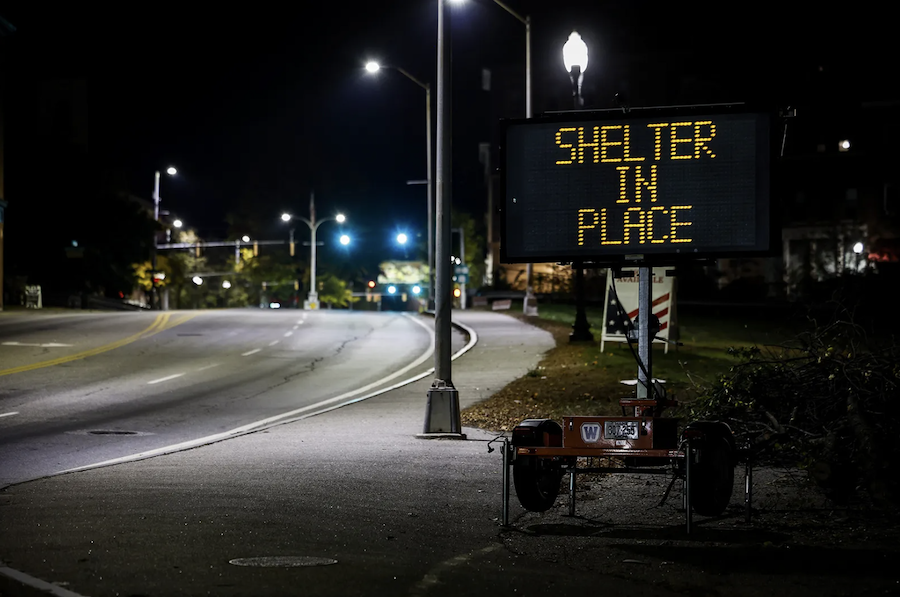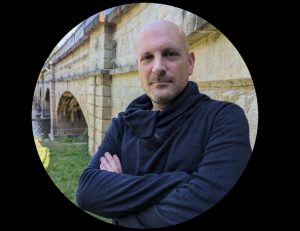DISARMAMENT AND SECURITY .
Received at CPNN from Anne Creter, Peace Through Unity Charitable Trust
Today’s New Year’s Day opens with sharing the following “Culture of Peace “recommendation our UN NGO Global Movement for the Culture of Peace sub-group submitted yesterday (New Years Eve) as input to the big September 23-24, 2024 UN Summit of the Future “Pact for the Future” being developed now.
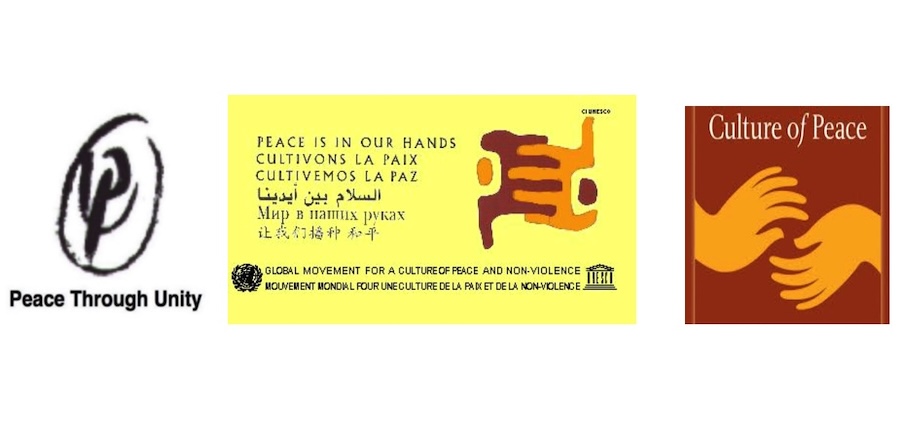
The “actionable” evolutionary UN Declaration and Programme of Action on a Culture of Peace A/RES/53/243 adopted by the General Assembly (GA) in 1999 must be integrated into A Pact for the Future (PACT) for greater UN innovation and synthesis, as it can provide a missing link helping the UN fulfill its mission to “end the scourge of war.” Aligned with the science of nonviolence, Culture of Peace is a comprehensive, UN established “blueprint” or “roadmap” of actions necessary at all levels of existence to manifest sustainable peace. If utilized in the PACT, Culture of Peace could provide a new, unified global structure for the UN to connect and coordinate worldwide peace actions for greater synergy and effectiveness. War will be inevitable until a better, rational, productive system is solidly in place providing the structure and platform for conflict resolution to routinely happen.
Chapter II: International peace and security:
The UN’s 75-year-old quest “to end the scourge of war” has paradoxically devolved into a worldwide culture of violence at this most dangerous inflection point in history. Thus, it is imperative that the advanced peacebuilding concept of the Culture of Peace be a focal point within this futuristic PACT, for it has received growing understanding and appreciation both at the UN and within civil society in the last 25 years. In keeping with its recently evolved history at the UN, A/RES/53/243 adds clear “actionable” guidance aligned with the relatively new field of peace studies at a time when the world is hopelessly paralyzed by the existential escalation of violence at all levels which, in becoming normalized, threatens even greater planetary peril. Examples of civil society “Infrastructures for Peace” based on A/RES/53/243 now making a difference in the world are the Ashland Culture of Peace Commission in Oregon USA and Rotary International showing great progress of peace at local city levels.
The landmark UN Declaration and Programme of Action on a Culture of Peace (A/RES/53/243) was adopted by the GA on 13 September 1999 after nine months of hard negotiations skillfully led by Bangladesh Ambassador Anwarul K. Chowdhury, Former Under-Secretary-General and High Representative of the UN; Founder of the Global Movement for the Culture of Peace, who said: “I believe this document is unique in more than one way. It is a universal document in the real sense, transcending boundaries, cultures, societies and nations. Unlike many other GA documents, it is action-oriented and encourages actions at all levels, be they at the level of the individual, the community, the nation or the region, or at the global and international levels.” It defines Culture of Peace as a set of values, attitudes, modes of behavior and ways of life that reject violence and prevent conflicts by tackling their root causes to solve problems through dialogue and negotiation among individuals, groups and nations. Per the A/RES/53/243 mandate, the Programme of Action by its pure “action” structure speaks to the PACT’s goal of “action-oriented” recommendations, citing actions at all levels that are necessary to build the Culture of Peace within the following Eight Areas of Action:
1) Fostering a culture of peace through education
2) Promoting sustainable economic and social development
3) Promoting respect for all human rights
4) Ensuring equality between women and men
5) Fostering democratic participation
6) Advancing understanding, tolerance and solidarity
7) Supporting participatory communication & free flow of information & knowledge
8) Promoting international peace and security
UNESCO was charged with writing the “Declaration and Programme of Action” led by David Adams, Former Director, UNESCO Unit for International Year for Culture of Peace. It is not by accident that the term originated at UNESCO (the United Nations Educational, Scientific and “Cultural” Organization) at a meeting in Africa in 1989. For Culture appears in the very name of UNESCO which was established as the UN’s cultural organization. Culture here is defined in the broad anthropological sense, not in the narrow popular sense restricted to music, dance, and other arts. UNESCO was not concerned with culture for its own sake, but culture for the sake of peace. It made a distinction between the old concept of peace between sovereign states and a new concept of peace between peoples. UNESCO’s constitution preamble declared in 1946: “That a peace based exclusively upon the political and economic arrangements of governments would not be a peace which could secure the unanimous, lasting and sincere support of the peoples of the world, and that the peace must therefore be founded, if it is not to fail, upon the intellectual and moral solidarity of mankind.” As UNESCO stated: “Each of these areas of action have been priorities of the UN since its foundation; what is new is their linkage through the culture of peace and non-violence into a single coherent concept. This is the first time all these areas are interlinked so the sum of their complementarities and synergies can be developed.”
What is the United Nations doing for a culture of peace?
A/RES/53/243 gives clear guidelines on a new mode of governance which calls on the entire UN system; all governments, and all peoples to work together to build a more free, fair, and peaceful global neighborhood through a positive, dynamic participatory process where dialogue is encouraged, and conflicts are solved in a spirit of mutual understanding and cooperation. It was a watershed moment when A/RES/53/243 was passed as never before had an “action-oriented” template been created based on the science of nonviolence articulating all the peacebuilding actions needed at every level from inner to international for world peace to take shape. A/RES/53/243 is innovative because it embodies this new peace knowledge by design, stating all the multi-dimensional, congruous actions that need to happen for the Culture of Peace to materialize. These preventative, multi-level actions by individuals and groups must be implemented and monitored in Member States to “end the scourge of war” – a function the UN could oversee by creating a “Culture of Peace Council” equal in status to the Security Council to balance its two main purposes of peace and security through developing national “Culture of Peace” Action Plans.
Culture of Peace is a clarion call for individual and collective transformation, indispensable for the safety, security and development of planet earth. Therefore, to make the PACT truly transformational, the concept of Culture of Peace must be integrated within it, reflective of the “new” positive view of peace. “Negative” peace is the absence of violence. Peace has traditionally been thought of simply as that. But we know now that peacebuilding is so much more. “Positive” peace is defined as the attitudes, institutions and structures that create and sustain peaceful societies, like better economic outcomes, measures of well-being, levels of inclusiveness and environmental performance. “Positive” peace is transformational in that it is a cross-cutting factor for progress. Use of the word ‘Peace’ connotes “negative” peace, old paradigm thinking whereas ‘Culture of Peace’ connotes a new-paradigm “positive” peace mindset.
Culture of Peace has a recent rich history of evolution at the UN in the last 25+ years since A/RES/53/243 was first adopted in 1999. We are told it takes between ten to twenty years from the time UN resolutions are passed for them to be fully understood and utilized. Culture of Peace is no exception. The term was hardly ever used at the UN in the first ten years of its passage (the first decade of the new millennium). It took 12 years before the major breakthrough of the first High Level Forum on the Culture of Peace took place in 2012. That big milestone was first conceived back in the year 2000 when the International Year for the Culture of Peace was declared, along with its 2000 Manifesto for a Culture of Peace and Nonviolence crafted by Nobel Laureates. Then from 2001 to 2010 there was the International Decade for a Culture of Peace and Nonviolence for the Children of the World, producing Mid-Decade and End-of-Decade Culture of Peace Progress Reports, including a continuously running virtual Culture of Peace News Network of actions taken each month around the world in all eight of the Culture of Peace Areas of Action. Also, a UN NGO Culture of Peace Working Group which morphed into the Global Movement for the Culture of Peace NGO Coalition, along with 12 annual Culture of Peace High Level Forums with yearly self-standing GA Culture of Peace resolutions passed. Now that these milestones have been achieved, it is time for A/RES/53/243 to be fully utilized by being integrated within this forward-looking PACT.
Integrating Culture of Peace wisdom into the PACT would make that document more UN synthesized and wholistically complete, better enabling full implementation of A/RES/53/243. Culture of Peace is a state-of-the-art concept in human consciousness aligned within the powerful new discipline of peace studies. A/RES/53/243 provides a currently missing overarching peacebuilding framework on how to construct true and lasting world peace. Rendering it essential to the PACT would endow this major futuristic document genuine “new paradigm” relevance. So let Culture of Peace (already existing in the heart of humanity) become the foundation upon which our children and their children’s children can continue building the future civilization. As unleashing the knowledge of how to cultivate world peace in this way will accelerate desperately needed UN reform and transformation.
Chapter V: Transforming global governance:
Article 5 of A/RES/43/243 states that “governments have an essential role in promoting and strengthening a culture of peace.” Per the 2023 UN New Agenda for Peace Action #3 – one recommendation is to develop national prevention strategies to address the different drivers and enablers of violence and conflict in societies and strengthen national “Infrastructures for Peace.” Further that Member States seeking to establish or strengthen national “Infrastructures for Peace” should be able to access a tailor-made package of support and expertise. Uniting these 2 UN guiding principles “Culture of Peace and “Infrastructures for Peace” together would be an impactful step forward in UN fulfillment of its peace mission. For Culture of Peace establishes this UN peace vision as normative and prescribes the roadmap of actions needed at all levels to actualize it. Governmental “Infrastructures for Peace” such as “Departments and Ministries of Peace” are the roadways or platforms of peace architecture that support essential peace actions (like diplomacy) to readily occur so peace can take root and grow. Coupled together these two constructs give shape, form, and substance to building the “capacity” for peace by operationalizing and institutionalizing peacebuilding as the missing connective layer needed to sustain peace. Both principles are designed to prevent and reduce violence thus are mutually reinforcing. Integrated within the PACT, their synergistic impact of collaborative connection would facilitate significant UN reform and transformation.
UN NGO “Global Movement for the Culture of Peace” Signatories:
Peace Through Unity: Kate Smith, Director; Iris Spellings, UN NGO Representative; Anne Creter, UN NGO Alternate Representative
Pathways to Peace: Tezikiah Gabriel, Executive Director; David Wick, President
The Good News Agency – Associazione Culturale dei Triangoli e della Buona Volontà Mondiale: Georgina Galanis, UN NGO Representative
Comments
If you wish to make a comment on this article, you may write to coordinator@cpnn-world.org with the title “Comment on (name of article)” and we will put your comment on line. Because of the flood of spam, we have discontinued the direct application of comments.
